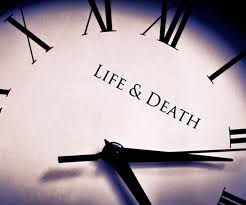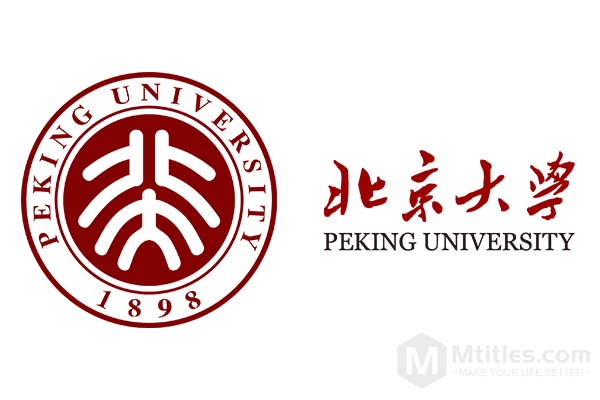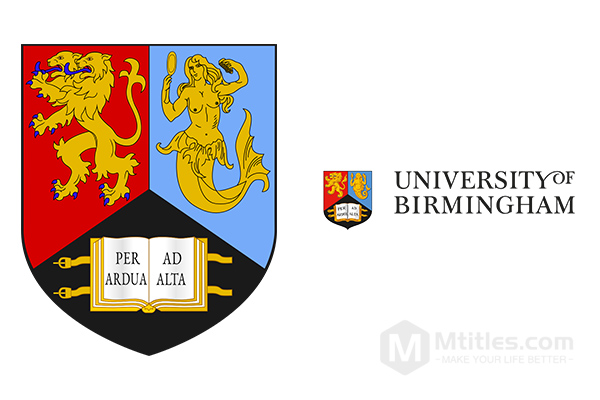Death insurance 101 (2)

Insurance content
1. Death insurance has two parts
1. Material assistance provided to help overcome the financial hardship encountered by the funeral of the deceased is generally called funeral grants or funeral expenses.
2. The material assistance provided to ensure that the deceased leads the basic life of his loved ones before his death is generally called a survivor's pension. The payment standard is stipulated by national law.
2. Pension standard
The pension standard can be paid according to a certain percentage of the deceased's lifetime income, or a certain amount, or a combination of both.
Compensation standard
1. Death insurance indemnity.
Death benefit is calculated based on per capita disposable income of urban residents or per capita net income of rural residents in the previous year in which the court is located, and is calculated for 20 years. However, for those over 60, the age will decrease by one year for each year of increase; for those over 75, it will be calculated as five years.
Second, the necessary materials. 1. Death certificate in hospital 2. Autopsy report 3. Cancellation certificate for household registration 4. Cremation certificate 5. Photos of the scene of the accident
3. Calculation method. Last year's disposable income per capita (or local net per capita income) of the last year + years of earnings
4. Matters requiring attention. 1. Examine the forensic autopsy certificate, hospital death certificate (deceased in hospital), cremation certificate, account cancellation certificate (at the same time, may reflect the nature of the account of the deceased)
2. If in doubt about the document, it should be returned to the issuing unit for timely verification.
3. If the identity of the deceased or the cause of death is suspicious, he must go to the competent service to investigate and verify the situation by visiting the people around the deceased.
V. Principle of distribution
1. The subject of the distribution is the holder of the right to compensation in the event of death. Since the nature of the compensation in the event of death is compensation for material damage, its content is compensation for the expected income of the family of the deceased as a whole. Consequently, the holder of the right to compensation first refers to the close relatives of the members of the family who live with the deceased, namely the first-order heirs, that is to say spouses, parents and children. It is only when the heirs of the first order are completely absent that the heirs of the second order begin The inheritance, that is to say the brothers and sisters, the grandparents, the grandparents.
2. The distribution of the death benefit is different from the distribution of the inheritance. In principle, the death benefit is obtained jointly by members of the family life community. If the parties do not request the division, the people's court will not take the initiative to divide it. If the parties request the division and the compensation agreement does not specify the amount of compensation, it will be considered as material loss and non-pecuniary damage for the holder of the right. Mixed compensation. Before dividing the allowance, the funeral expenses actually paid must be deducted and priority must be given to the interests of dependents. The factors are properly divided, not evenly distributed. Of course, if the heir expressly renounces or transfers, he must respect his expression.
3. Can Creditors Claim Death Benefit? The death benefit being different from the inheritance, it has a personal attribute, that is to say that it is exclusive to the close relatives of the victim. Creditors before the death of the deceased do not have the right to claim and cannot request the partition of the death benefit to meet the debt. Likewise, the debtor cannot deduct part or all of the compensation on the grounds that the deceased owed his debts during his lifetime.
4. Can the death benefit be distributed according to the wishes of the deceased? A will is a unilateral civil legal act in which a natural person disposes of his property in accordance with the provisions of the law, organizes related matters and produces legal consequences after death, so that the will is in fact a inheritance provision. The death benefit is not the inheritance of the deceased, it cannot be punished in the form of a will and cannot be correctly distributed among the heirs according to the principle of compensation.







